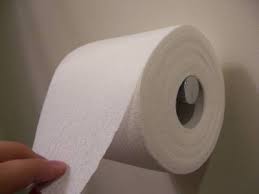
Ever wonder why we spend our precious vacation time camping in the woods? Why we voluntarily sleep on an uncomfortable inflatable mattress inside a dirty tent? Well...Its because it makes our regular bed feel that much more comfortable when we return home. Camping gives us an appreciation for the modern conveniences that we normally take for granted.
Our spending habits, are another thing that many of us take for granted. With Christmas just around the corner, now is a perfect time to send your finances on a camping trip.
Financial CampingAfter paying your mortgage, credit cards, utilities, and any other regular bills, try temporarily living off only 10% of your paycheck. This experience can be humbling, and only leaves room for the bare essentials. You may be spending more time at home living off rice and beans, but remember its only temporary.
While "Financial Camping" you may also have to pass up a night out with friends, and the sweatshirt on sale at the mall. You will have to prioritize your trips in the car, and pack a lunch to work. You will have to scrape to make artificial ends meet, but after its over, you will be left with a large amount of unspent money.
Unexpected expenses like car repairs and medical bills happen to all of us. We some how find a way to get past them. I have faith that you can survive a Financial Camping trip, and you'll be better off for it. Plan a Financial Camping trip on your calendar today, you won't even need time off from work.


























